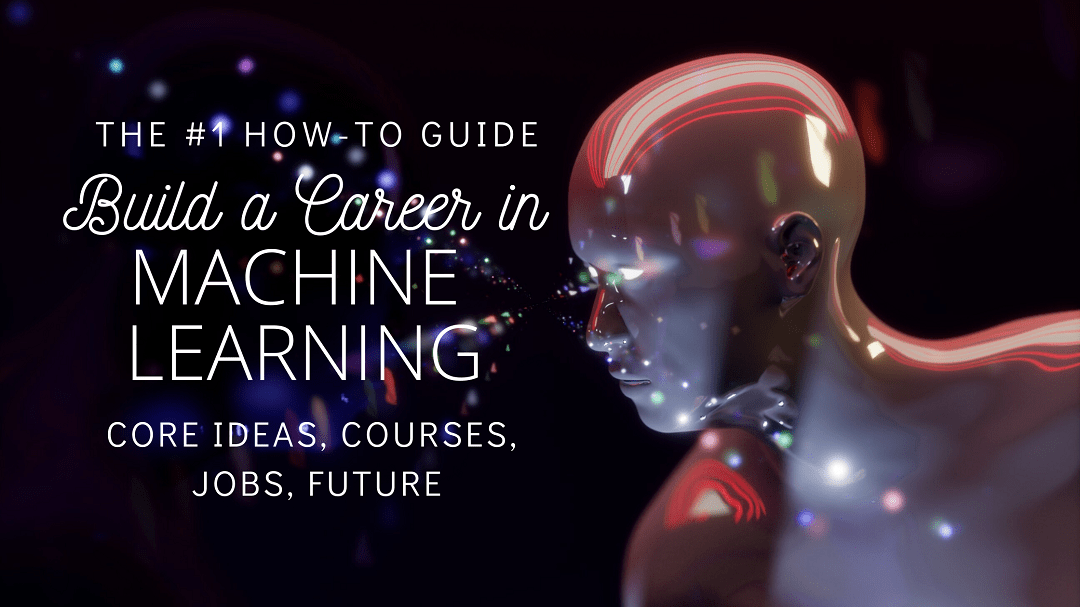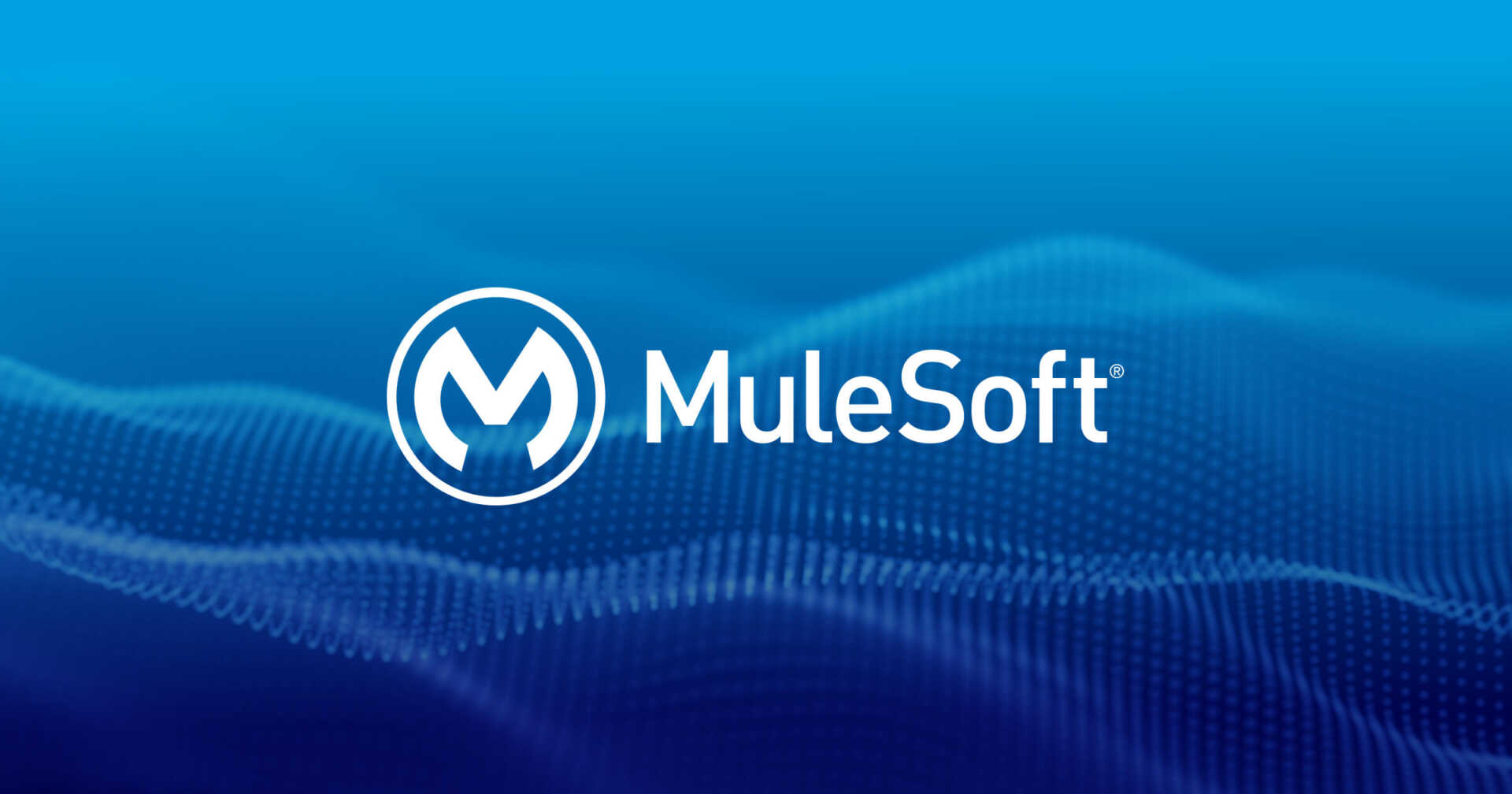Data Science is a multifaceted field that combines various disciplines to analyze and interpret complex data. One of the cornerstones of data science course is mathematics, which plays a crucial role in extracting meaningful insights and building robust models. Understanding the mathematical foundations can significantly enhance your capabilities in data science. Here’s an in-depth look at how much math is required for data science and which areas are most important.
1. Statistics and Probability
Descriptive Statistics
Descriptive statistics is essential for summarizing and understanding data. Key concepts include:
- Mean, Median, and Mode: These measures of central tendency help describe the data’s center.
- Variance and Standard Deviation: These measures of spread show how much the data deviates from the mean.
- Percentiles and Quartiles: These metrics provide insights into the distribution of data.
Inferential Statistics
Inferential statistics allows you to make predictions about a population based on sample data. Important concepts include:
- Hypothesis Testing: This method assesses assumptions about a population and determines if results are statistically significant.
- Confidence Intervals: These intervals estimate the range within which a population parameter likely falls.
- p-values: These values help determine the significance of your results.
Probability Theory
Understanding probability is crucial for modeling and predicting outcomes. Key concepts include:
- Probability Distributions: Models like the normal and binomial distributions are fundamental in data science.
- Bayesian Probability: This approach updates probabilities based on new evidence.
- Random Variables: Variables whose outcomes are subject to chance are central to data science analysis.
2. Linear Algebra
Vectors and Matrices
Linear algebra is vital for handling and manipulating data. Key concepts include:
- Vectors: Represent data points and features in data science.
- Matrices: Used for data storage and transformation.
- Matrix Operations: Operations like addition, multiplication, and inversion are crucial for many data science tasks.
Eigenvalues and Eigenvectors
These are important for techniques such as Principal Component Analysis (PCA), which is used in dimensionality reduction. Understanding how to compute and use eigenvalues and eigenvectors helps manage large datasets and extract significant features.
3. Calculus
Differentiation
Differentiation helps in optimizing models. Key concepts include:
- Gradients: Used in optimization algorithms like gradient descent to minimize or maximize functions.
- Partial Derivatives: Essential for understanding how changes in input variables affect output.
Integration
While less frequently used, integration can be important for certain models and performance metrics. Key concepts include:
- Area Under the Curve: Used in evaluating probability distributions and model performance.
4. Optimization
Objective Functions
Optimization is about finding the best solution among many possibilities. Key concepts include:
- Objective Functions: Functions that are maximized or minimized during optimization.
- Constraints: Conditions that must be satisfied during the optimization process.
- Optimization Algorithms: Techniques like gradient descent are used to find the optimal solution.
5. Discrete Mathematics
Combinatorics and Graph Theory
Discrete mathematics supports understanding algorithms and data structures. Key concepts include:
- Combinatorics: Involves counting and arranging data efficiently.
- Graph Theory: Analyzes relationships and networks within data.
Algorithms and Complexity
Understanding the efficiency of algorithms is crucial. Key concepts include:
- Sorting and Searching Algorithms: Fundamental for managing and retrieving data.
- Computational Complexity: Analyzing how algorithms perform as the size of data increases.
6. Applied Mathematics
Mathematical Modeling
Mathematical modeling involves creating representations of real-world processes. Key concepts include:
- Model Formulation: Defining the mathematical structure of a problem.
- Simulation: Running models to analyze various scenarios and outcomes.
Data Analysis Techniques
Mathematical techniques are applied to analyze data effectively. Key concepts include:
- Regression Analysis: Modeling relationships between variables to make predictions.
- Clustering: Grouping similar data points to identify patterns and segments.
Conclusion
The amount of math required for a career in data science is substantial, with a strong emphasis on statistics, probability, linear algebra, and calculus. These mathematical concepts are crucial for building and interpreting models, analyzing complex datasets, and deriving actionable insights.
Whether you are exploring data science courses, considering a data scientist course fee, or evaluating the best data science courses, having a solid grasp of these mathematical principles will significantly benefit your data science journey. As the field evolves, continuous learning and adaptation to new mathematical techniques will be key to staying at the forefront of data science innovations.
























